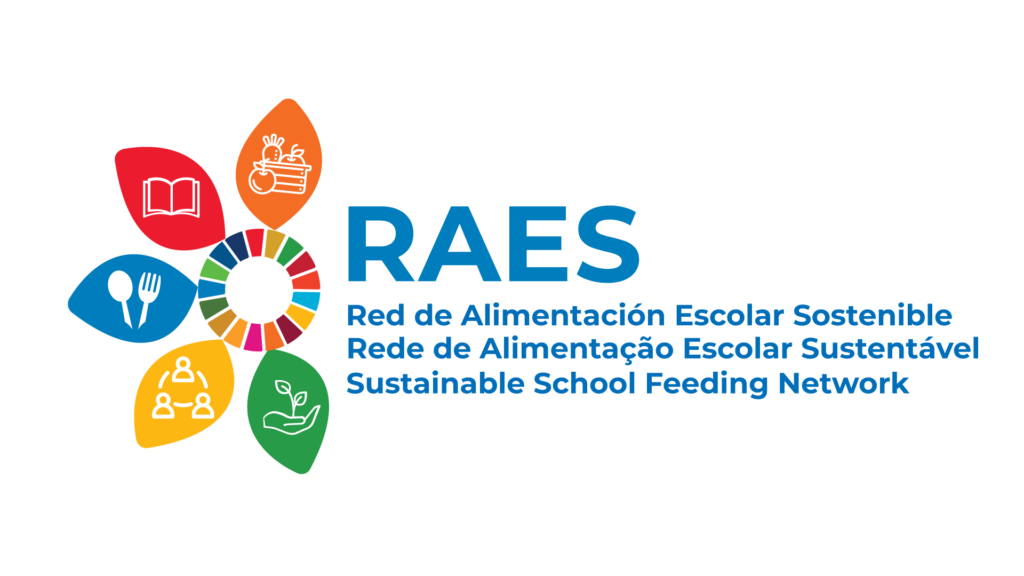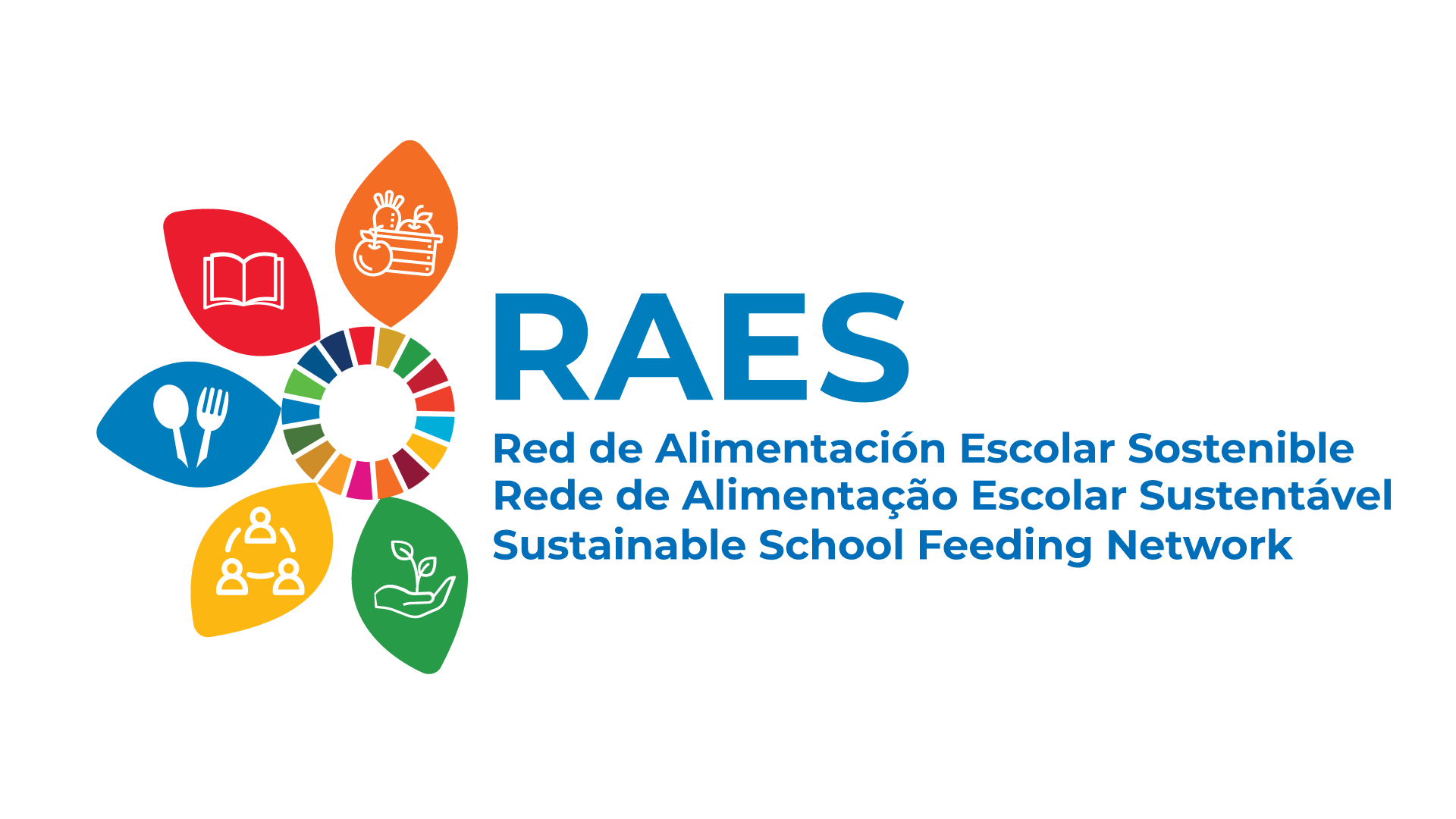Did you know that Brazil-FAO Cooperation in school feeding begins the year 2024 experiencing a new moment? In this post, some of the changes and principles that will guide the coming years of work are explained.
Before we begin, it is important to remember that RAES was created in 2018 by the Government of Brazil, through the Brazilian Cooperation Agency (ABC), the National Fund for Educational Development (FNDE), and has the secretariat of the Food and Agriculture Organization of the United Nations (FAO).
These three institutions have been working together on the technical cooperation in school feeding since 2009, and their work has consolidated a network to support countries in the implementation and reformulation of their school feeding programmes and policies, under the principle of the human right to adequate food. By 2024, at least 26 countries have already participated in RAES activities and dialogues.

And now… What changes in the new cycle?
The new work cycle will be carried out from the beginning of 2024 until the end of 2027. The document of this new alliance was officially signed in December 2023. Symbolically, an event was organized in November, in Brasília, with the presence of the Minister of Education of Brazil, Camilo Santana, the president of FNDE, Fernanda Pacobahyba, the first lady of Brazil, Janja Lula da Silva, who became ambassador of school feeding, the deputy director of the Brazilian Cooperation Agency (ABC), Luiza Lopes da Silva, and the FAO Representative in Brazil at the time, Rafael Zavala.
The event was attended by nearly 20 countries and also marked the conclusion of the project Consolidation of School Feeding Programmes in Latin America and the Caribbean. As a result, the activities of the new project “Regional Agenda for Sustainable School Feeding in Latin America and the Caribbean” will begin in January 2024.
The new project, like the previous ones, aligns directly with FAO’s priority frameworks, especially with Better Nutrition, which aims to “eradicate hunger, achieve food security, and improve nutrition in all its forms, particularly by promoting nutritious food and increasing access to healthy diets”.

Below are the main axes of the new work:
- One of the main points will be the formal afiliation of the countries to RAES, which will be discussed with the countries and will involve the participation of technicians, national ministries of foreign affairs, and high-level political involvement of the countries, such as ministers and vice-ministers, with the objective of clarifying the benefits of networking and organizing the role of each country in this regional initiative.
- One of the initial activities of RAES will be to work together with countries to build a regional school feeding agenda, based on the principle of the human right to adequate food in schools, the need for universalization of programmes, improvement of the quality of school menus, public procurement from family farming, and other topics that articulate the current demands and challenges of our region for food supply actions in educational centers.
- Permanent dialogues will be promoted with regional and global organizations such as the Community of Latin American and Caribbean States (CELAC), the Caribbean Community (CARICOM), and the School Meals Coalition.
- RAES has been recognized as a powerful articulation tool between countries in the Food and Nutrition Security Plan (PLANSAN) of the CELAC to address food and nutrition insecurity indicators in all their forms and promote the necessary transformation of conventional agri-food systems into inclusive and resilient systems, especially considering the global demand for the nexus of food and nutrition security policies with climate challenges.
- In this new cycle, technical support will be provided to countries in the various components of school feeding, especially in the development of national school feeding policies, training of key actors in the various components, through courses and exchanges of experiences, and in the implementation of Sustainable Schools.
- Increasing integration between the environmental and climate change agenda and school feeding topics will be sought.





